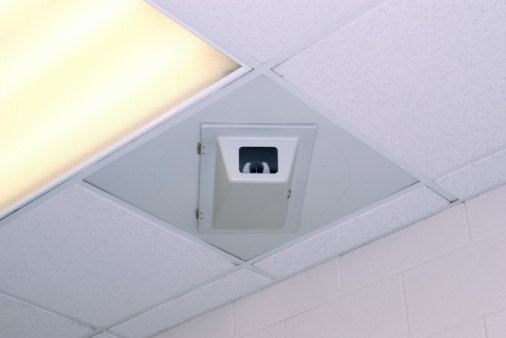
When you are unable to provide the kind of care a family member needs, nursing homes can be the best alternative. These facilities offer supervision, medical attention, and social interactions that enable a good quality of life for your loved one.
Although you may have carefully chosen a home that you think will protect your relative, some residents will still experience neglect as well as physical, mental, and sexual abuse during their stay. This reality can make anyone feel anxious about trusting a nursing home with the safety of a family member.
That’s why a hidden camera may be an effective way to know whether your loved one is truly in good hands. By placing a camera in your relative’s room, you can capture essential evidence of nursing home staffers who have done harm. Whether the issue involves stolen possessions such as money or some form of abuse, cameras are powerful tools that record the proof you need for your case.
Legal Issues The Value of Spy Cameras
It’s logical to wonder if a camera is legal in a nursing home and what the privacy issues are. Since laws vary state by state, you may want to discuss this concern with a South Carolina nursing home abuse lawyer. You might also ask crucial questions such as:
- Can the camera be hidden or does it have to be located in the open?
- Is it legal to record audio?
- Do I need to inform the nursing home administrators and staff that there is a camera in the room?
- Should I get the consent of my relative before setting up the camera? If this is required, what steps do I need to take if my loved one is not capable of making this decision?
- How can I respect my family member’s roommate’s civil rights when I’m installing a camera in their shared space?
Sadly, serious injuries from neglect and abuse occur in nursing homes more often than you might think. A nonprofit advocacy group, Families for Better Care recently conducted a review of nursing homes in each state and found some troubling data. Compared to other states, South Carolina had a high percentage of nursing homes that were cited with a severe deficiency. Of the 50 states, only 10 passed the nonprofit’s standards and 11 failed every area in the evaluation process. Furthermore, the advocacy group determined that 40 states do not have adequate nursing home care.
Approximately 1.5 million people reside in an estimated 17,000 facilities across the country. Moreover, experts believe the number of nursing home residents will rise by almost 40 percent over the next decade. This means even more vulnerable senior citizens may not be protected from abuse. Even more tragically, many nursing home residents are physically or emotionally impaired and may not be able to communicate about any abuse they experience.
Many states now acknowledge the existence of abuse in nursing homes. So cameras are often permitted to be in rooms when abuse is an issue.
Need Legal Help?
The decision to place a relative in a nursing home can be very emotional for all involved. When you finally choose a facility, you expect your family member to be treated with care. So it’s devastating when a nursing home fails to live up to its promise. If you or a loved one has been hurt or abused in a South Carolina nursing home, contact our South Carolina personal injury attorneys at Joye Law Firm. Call (888) 324-3100 or use our online form so our attorneys can offer you advice about your rights.







































